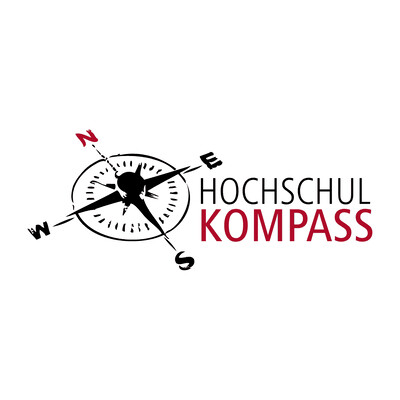Cross-Cultural Theology and Global Protestant Social Workfull time
Bachelor of Arts
Bachelor
Degree6 semesters
Standard period of study (amount)
Hermannsburg
Location
No information
Overview and admission
Study Type
undergraduate
Admission semester
Winter Semester only
Area of study
Social Work
Focus
Core Areas of Development-Related Work, Poverty Research and Poverty Control, Cross-Cultural Living and Working, Ethics, International Protestant Social Work, Management in Social-Protestant Social Work Context, Gender Studies and Protestant Social Work, Religion, society and language in different contexts, Theology, Introduction to Social Work and Social Management
Annotation
Why Intercultural Theology? We live in a world characterised by MOBILITY, MIGRATION and GLOBALISATION. The encounters of people with different cultural and religious backgrounds are increasing all over the world. This results in new opportunities and challenges for society, church, diaconia and ecumenism. In many professional, private, church and social contexts the question arises: How can intercultural and interreligious exchange between people of different backgrounds be shaped constructively? This question is the central field of activity at our university of applied sciences. At the heart of academic training and research at FIT are the ability to engage in intercultural dialogue and the appreciative examination of different religions and denominations. The aim of the degree course ITDG is to provide academically sound knowledge of basic questions of theology, ethics, Protestant social work and missionary studies. The students acquire skills in the fields of Protestant social work, social work, social management and development cooperation in the international and cross-cultural context. They develop cross-cultural conversational skills as well as interreligious leadership and organisational skills.
Admission requirements
(1) Entrance qualification for universities of applied sciences, (2) general or subject-restricted higher education entrance qualification, (3) previous academic and vocational training recognised as equivalent to entrance qualification for universities of applied sciences (at least three years of professional training in a field related to the course). The programme is taught primarily in German. Admission requires a language certificate equivalent to the DSH-2 level. Applicants with a language certificate equivalent to the DSH-1 level may be admitted on the condition that they must submit by the end of the 4th semester a certificate equivalent to the DSH-2 level. Sound English language skills are also required, because some modules are completed jointly with the English-taught ITMGZ course and some classes often use English texts.
Lecture period
08.10.2018 - 01.02.2019
Tuition fee
In addition to tuition fees, semester fees are payable in the following amounts: - Student Union (AStA) contribution: EUR 10.00 per semester - contribution for the semester ticket: Currently EUR 140.00 per semester
Languages of instruction
Main language
German
Further languages
English

